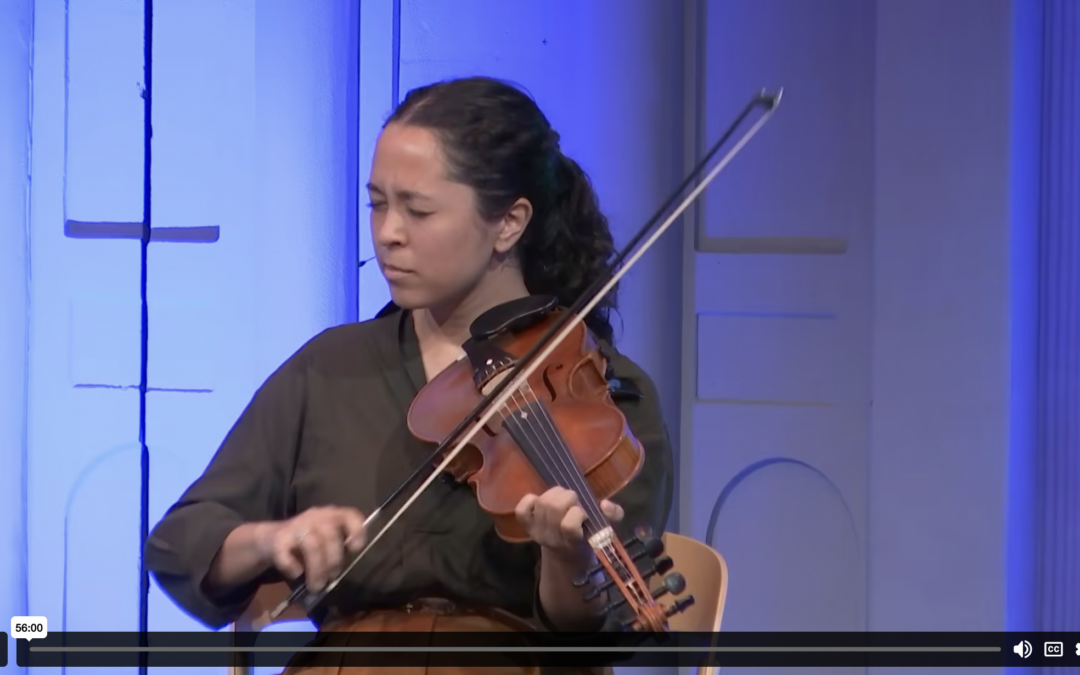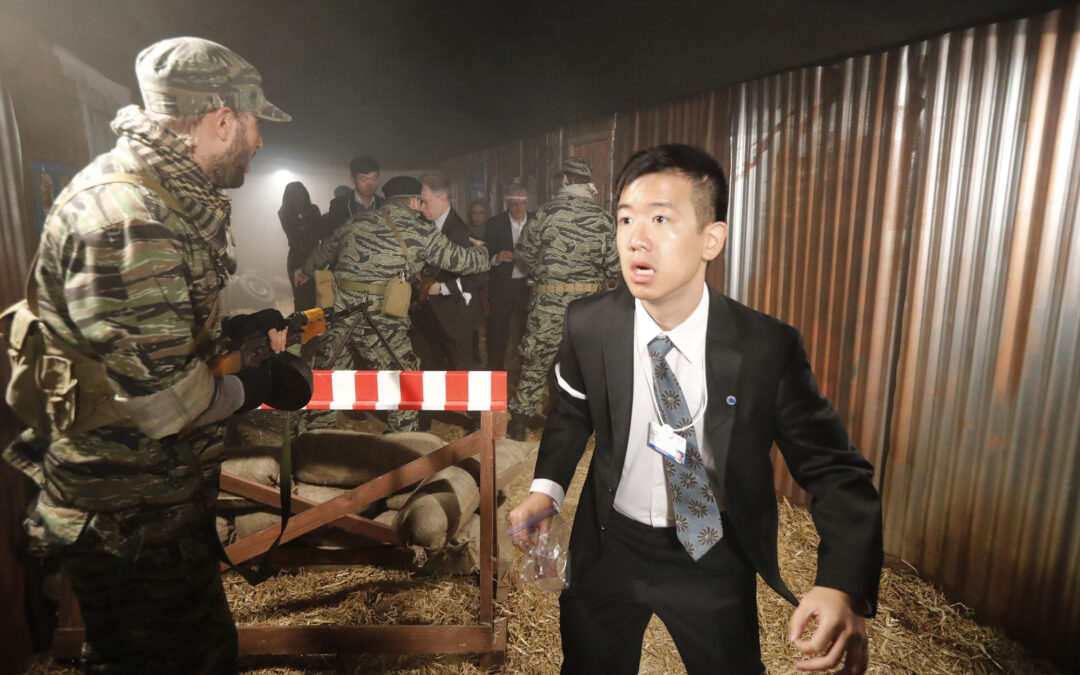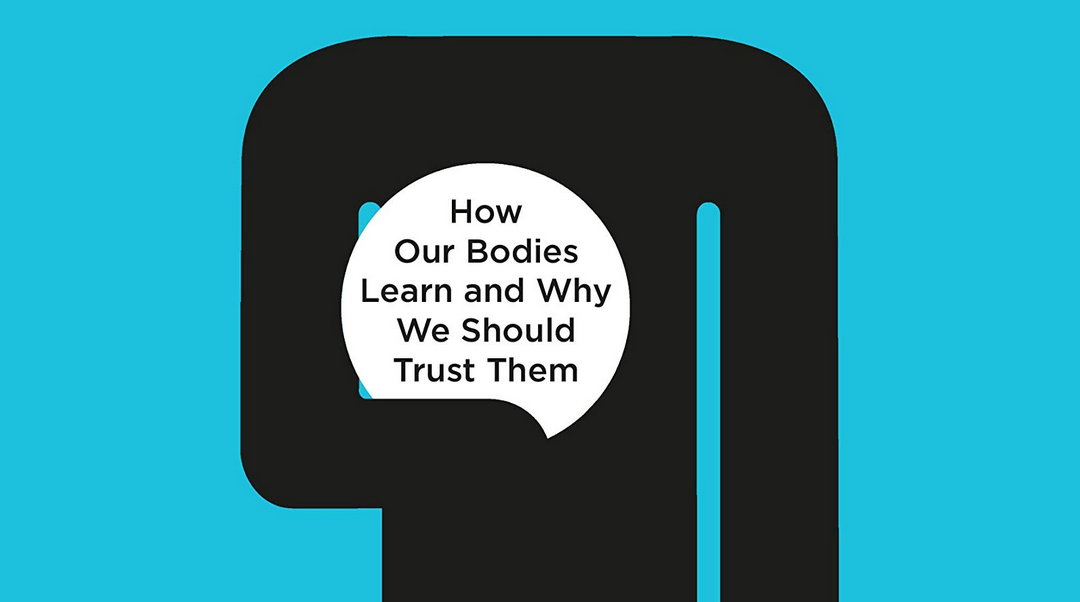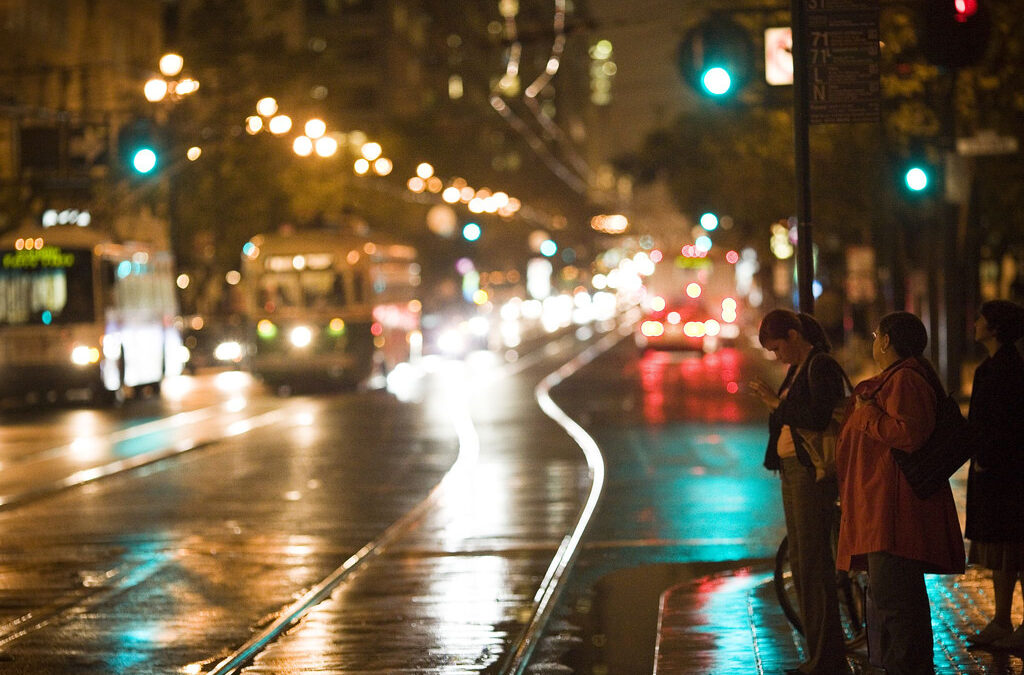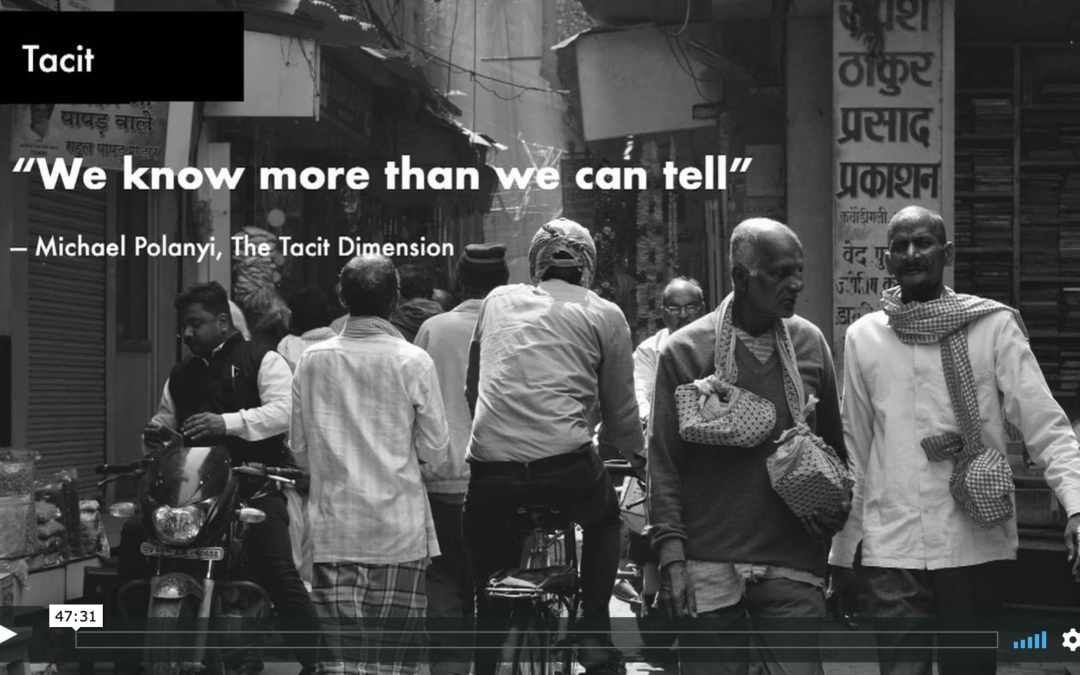In this Wildcard presentation at EPIC2022, violinist and composer Zosha Warpeha speaks about her artistic research in Norway, which involved an immersive study of Nordic traditional music and the development of a highly personal solo performance practice. This session illustrates a participatory...
